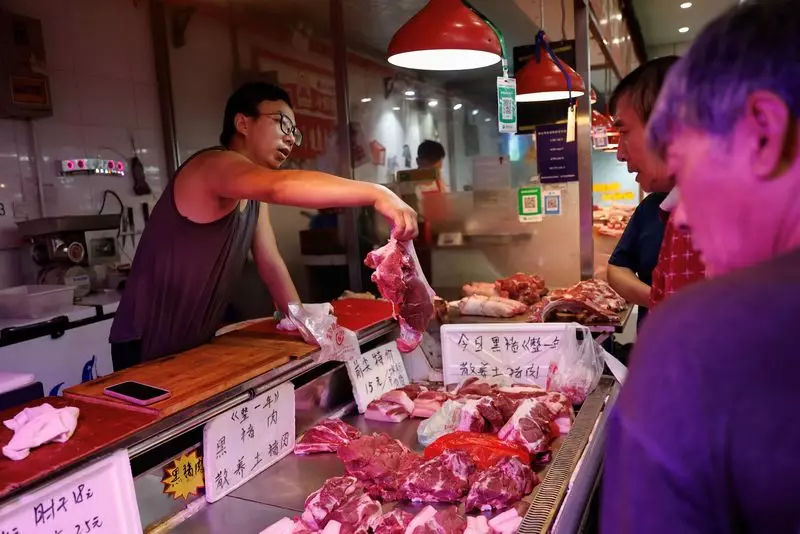China’s recent decision to open an anti-dumping investigation into imported pork and its by-products from the European Union has sent shockwaves through the global food industry. This move, seemingly retaliatory in response to curbs on China’s electric vehicle exports, is expected to have far-reaching implications for European pork producers, particularly those from Spain, the Netherlands, France, and Denmark.
Background of the Investigation
The investigation, announced by China’s commerce ministry on Monday, targets pork intended for human consumption, including fresh, cold, and frozen whole cuts, as well as pig intestines, bladders, and stomachs. The probe, set to begin on June 17, was initiated following a complaint from the China Animal Husbandry Association on behalf of the domestic pork industry. This comes on the heels of the European Commission’s decision to impose anti-subsidy duties on imported Chinese cars, further escalating tensions between the two trading partners.
The European Union, which accounts for more than half of China’s $6 billion pork imports, is likely to face challenges in the coming months. Spain, the largest exporter of swine shipments to China, could be particularly hard hit, with exports totaling $1.5 billion. Countries like the Netherlands and Denmark, which also have significant pork exports to China, may see a decline in demand if retaliatory tariffs are imposed. This could have a cascading effect on the European pork industry as a whole.
The anti-dumping investigation is just the latest development in the escalating trade war between China and the West. Concerns over Chinese industrial overcapacity flooding the EU with cheap products, particularly electric vehicles, have raised alarm bells among European policymakers. The EU’s increasingly protective trade policy reflects a broader pushback against China’s production-focused economic model, which relies heavily on debt-driven growth.
Future Outlook
While European pork producers are hopeful that they will be able to continue exporting to China tariff-free during the investigation, the uncertainty surrounding the outcome looms large. The commerce ministry has set a deadline for the investigation to be completed by June 17, 2025, with a possible six-month extension. As tensions between China and the EU continue to simmer, the future of the global pork trade hangs in the balance.
China’s anti-dumping investigation into European pork imports represents a significant escalation in the ongoing trade war between the two economic powerhouses. The implications for European pork producers are profound, with the potential for decreased exports and increased tariffs threatening the stability of the industry. As both sides dig in their heels, the future of international trade remains uncertain.

